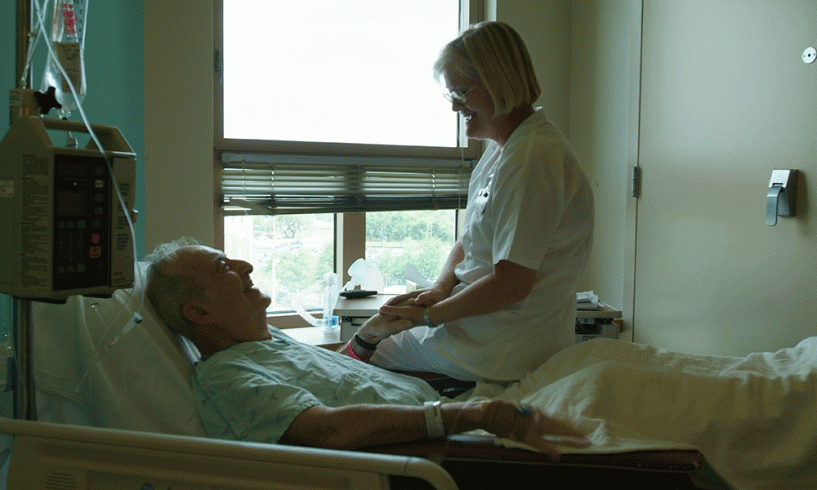The American Society of Clinical Oncology recently identified end-of-life chemotherapy as one of the top-five practices that could improve patients’ care and reduce costs, if stopped. Deciding when to discontinue chemotherapy is often challenging, however, given limited data on whether chemotherapy is helpful or harmful in the final months of life. However, a new study reported in BMJ has investigated how palliative chemotherapy affects other aspects of patients’ care in the final weeks.
More than half of people with incurable cancer receive palliative chemotherapy in the months before they die. Palliative chemotherapy is used to control symptoms rather than improve survival when it appears likely that the person will die from cancer. However, the new study found that palliative chemotherapy may be interfering with other important aspects of their care in those final weeks.
The researchers looked at 286 patients at eight academic centers and found a discrepancy between the type of care patients who receive palliative chemotherapy want and what they actually receive, compared to patients who do not receive palliative chemotherapy.
People receiving chemotherapy are more likely to die in the intensive care unit, rather than where they wish. Only 65% died in their preferred place, compared to 80% patients not receiving palliative chemotherapy. They are more likely to be given CPR or to be put on a ventilator in the last week of life and are less likely to die at home. The associations were the same even when the researchers accounted for how active the patients were and whether they’d discussed their end-of-life wishes with their healthcare providers.
According to the researchers, the study results did not suggest that palliative chemotherapy should not be given, but rather that many patients with cancer are not provided with information of the likely effect of palliative chemotherapy on their survival, future care, quality of life, and location of death. The study highlighted the need for a more balanced discussion of the harms and benefits of palliative chemotherapy at the end of life by healthcare providers, patients, and families.






